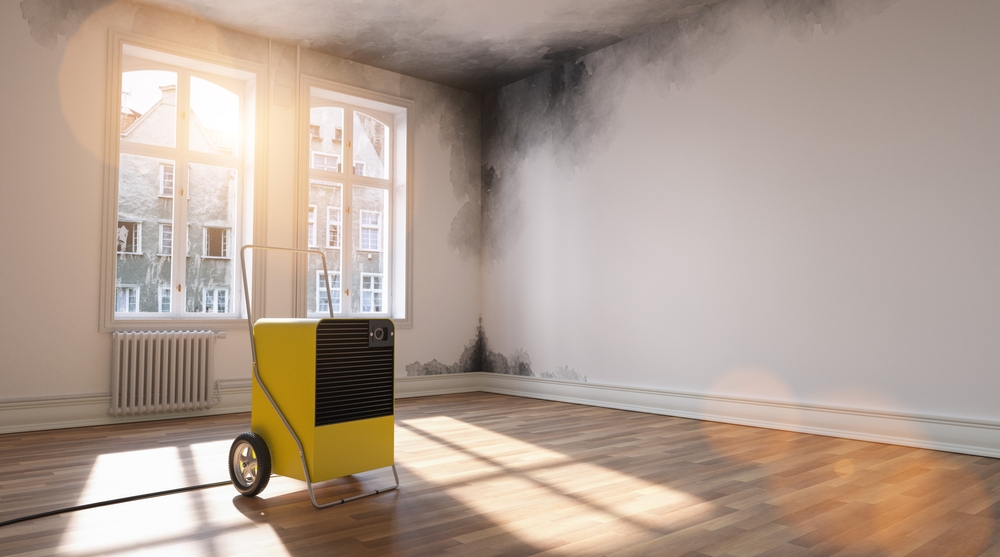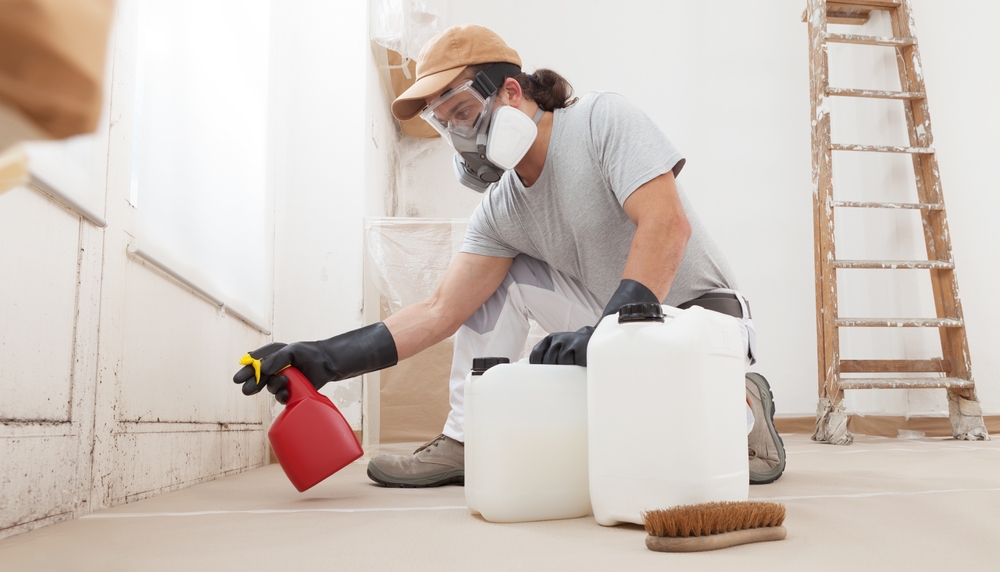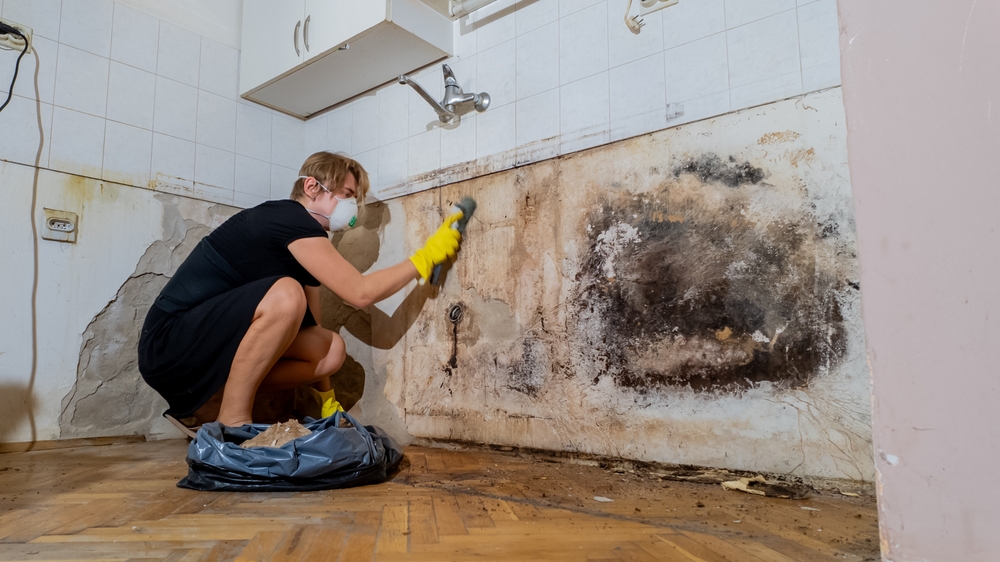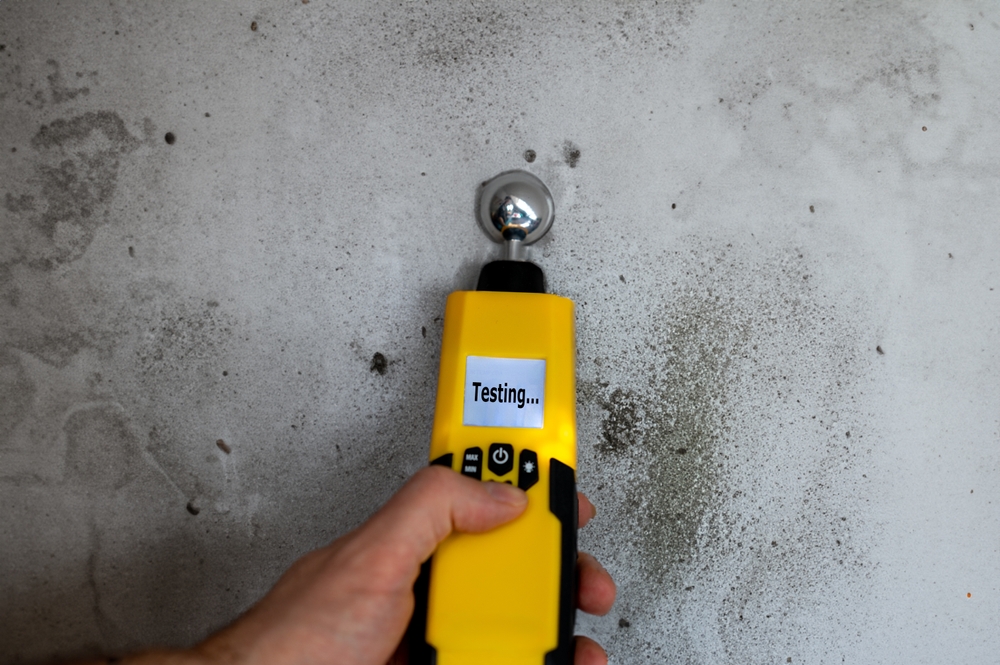Mold can drastically impair the market worth of your house and compromise your health, not only stain on your wall. Whether your position is real estate agent, prospective buyer, or homeowner, knowledge of how mold influences property value is crucial. We will define mold in this piece, discuss why it matters to purchasers, and show the impact of mold on your home’s market value. We will also go over doable actions to stop, treat, and fix mold problems. Early action can help you to preserve your investment and keep your house valued and safe.
Introduction
Consider yourself searching for a new house and come upon a gorgeous one. When you enter, though, you find black wall stains and a musty scent. The thought that mold might be hiding there can frightens you even if you do not see much of it. Over time, mold can deteriorate the house and compromise the health of the occupants. Hidden mold can reduce the market value and cause purchasers to worry about future issues for homeowners wishing to sell their house.
This post will walk you through how mold influences market value, why buyers are worried, and what actions homeowners could take to prevent and resolve mold problems. You will know at the end why it is crucial to act fast to guard your house from mold. Apart from keeping a house healthy, a well-kept house increases its worth on the real estate market.
Understanding the Problem: Why Mold Matters to Buyers
- Health Concerns: Little spores produced by mold float in the air. People who breathe in these spores may develop allergies, coughing, or perhaps more severe respiratory issues. Particularly at danger are young children, the elderly, and those with weak immune systems. A house with mold worries buyers about making their family sick. This health issue by itself can reduce the appeal of a house.
- Property Damage: Mold damages your house as well as your health. It can destroy furniture as well as undermine ceilings, floors, and walls. Mold can gradually chew away at building components, leading to expensive repairs. Potential purchasers know mold could be behind water stains, peeling paint, or damaged floorboards. Left untreated, the longer mold is left to spread and do more damage.
- Perceived Risk and “Stigma”: One can get an unfavorable impression even from a little trace of mold. Many times, buyers connect any hint of mold with other, more major issues. This stigma causes people to worry about structural damage or invisible problems as water leaks. Consequently, homes showing any sign of mold—even if they have been cleaned—may have a reduced market value since consumers consider them as dangerous investments.

The Financial Impact: How Mold Lowers Market Value
- Reduced Buyer Interest: Less purchasers are interested in a house where mold is suspected or actual. Most consumers want a clean, safe house. Many possible purchasers can be turned away by mold, which reduces offers and prolongs the time on the market. The seller could have to cut the price to make the house more appealing given fewer eager purchasers.
- Lower Appraisal Values: Appraisers assess a house’s value using several elements. The state of the property is a crucial determinant. Should mold be discovered during an inspection, the appraiser could reduce the value knowing repairs will be required. A house with mold problems could have a far lower assessment, which directly influences the selling price.
- Negotiation Leverage: Mold is a tool for negotiations available to buyers. They might demand that the vendor fit the mold before the sale or a reduced price. Big price cuts could result from this negotiating leverage. Sometimes, while making an offer, purchasers consider the expense of expert mold removal, therefore lowering the overall worth of the house.
- Remediation Costs: Fixing mold is not low cost. Mold remedial work consists in inspection, removal, cleaning, and occasionally replacement of damaged items. These expenses may mount rapidly. To completely remove the mold and fix the damage, sellers could have to pay a large sum of money, therefore affecting their revenues.
- Disclosure Requirements: Legal requirements abound for sellers to tell possible buyers about any mold problems. Should a seller neglect to reveal known mold issues, they can find themselves in legal hot water down road. This revelation may cause consumers to be cautious since it suggests perhaps concealed underlying problems. The need to reveal mold problems can erode buyer trust and weaken the market value.
Prevention is Key: Protecting Your Home’s Value
Protecting the market value of your house mostly depends on stopping mold development. Following these useful guidelines will help:
Moisture Control
-
Repair Leaks Immediately:
As soon as you find leaks in windows, pipes, or a roof, fix them. If unchecked, even a minor leak can cause mold to grow. -
Ensure Proper Drainage:
Maintaining clean gutters and downspouts will help to guarantee that water runs away from your foundation. Bad drainage can cause dampness and water seepage. -
Use Dehumidifiers:
Use dehumidifiers to lower moisture levels and prevent mold in places like bathrooms or basements that could be damp often. -
Dry Wet Items Immediately:
Should water spills or damage arise, promptly dry the impacted area. Less opportunity for mold growth exists the faster you eliminate moisture.
Humidity Management
-
Monitor Indoor Humidity Levels:
Try to keep your interior humidity between thirty and fifty percent. Check the air in your house routinely with a hygrometer. -
Use Air Conditioning:
Use air conditioners to assist lower humidity in addition to cool your house. -
Water Plants Wisely:
Indoor plants left overwatered might raise humidity. Water them just enough to maintain their health; avoid adding additional moisture.
Ventilation
-
Ventilate Bathrooms and Kitchens:
Ventilate kitchens and bathrooms always using exhaust fans while cooking or showering. Good ventilation helps these high-risk locations lose extra moisture. -
Improve Airflow in Basements and Attics:
In these humid spaces, open windows and run fans to boost air circulation. Improved ventilation helps stop mold development.
Cleaning and Maintenance
-
Clean Gutters Regularly:
Maintaining clear gutters guarantees correct direction of water away from your house. -
Inspect HVAC Systems:
Maintaining clear gutters guarantees correct direction of water away from your house. -
Promptly Clean Water Damage:
Quickly clean any water damage; then, completely dry the area to prevent mold from growing.
These preventative steps help to keep the market value of your house and lower the mold danger.

Addressing Mold: Remediation and Disclosure
Sometimes mold shows up even with the best of precautions. When it does, swift resolution of it is absolutely necessary.
Professional Mold Remediation
Large or stubborn mold problems call for a competent mold remedial professional. These consultants will:
- Inspect the property thoroughly.
- Use specialized tools to remove mold safely.
- Clean and disinfect the affected areas.
- Recommend repairs to prevent mold from returning.
Expert remedial work guarantees total removal of mold and aids in the value restoration of the house.
Documentation and Transparency
Track all of your mold removal efforts meticulously. Documentation consists in:
- Inspection reports.
- Photographs of the mold before and after treatment.
- Receipts for any work done.
Openness regarding mold problems helps prospective customers to develop confidence. It demonstrates that you corrected the issue correctly and gave it great thought.
Home Improvements After Remediation
Think about doing extra repairs or improvements once mold has been removed. This could entail:
- Repainting with mold-resistant paint.
- Replacing damaged materials.
- Enhancing ventilation systems.
These upgrades not only remove the mold but also increase the general market worth and attractiveness of your house.
Selling a Home with Mold Issues
Protecting the market value of your house mostly depends on stopping mold development. Following these useful guidelines will help:
- Honest Disclosure: Tell prospective purchasers of any past or present mold problems at all. Transparency can help to develop confidence and avoid subsequent legal problems. Transparency is valued by buyers, thus they could be more ready to deal with a seller who has addressed the issue.
- Pricing Strategy: Establish a reasonable price considering any damage caused by mould and remedial expenses. Be ready to bargain with consumers who might want further repairs or a price cut. Even with mold problems, a fair price approach can help the transaction go.
- Marketing Considerations: Establish a reasonable price considering any damage caused by mould and remedial expenses. Be ready to bargain with consumers who might want further repairs or a price cut. Even with mold problems, a fair price approach can help the transaction go.
Buying a Home with Mold Concerns
Knowing mold hazards will help you while you are shopping for a house.
- Thorough Inspections: Get the house checked by an expert who can find hidden mold before you buy. A close investigation can expose problems invisible on a basic walk-through.
- Negotiation Tactics: Bargain on repairs or a reduced price with the inspection report. Should mold be discovered, you can ask the seller to correct it or lower the price to help pay for the repairs.
- Due Diligence: Look up the background of the property. Inquire on prior leaks, water damage, or any mold problems. Knowing the background of the house will enable you to decide with knowledge and prevent future issues.
Conclusion
Mold can seriously reduce the market value of your house and expose health hazards to its residents. Mold has various negative effects from lowering appraisal values and buyer interest to complicated negotiations and raising remedial expenses. You can preserve your property and keep its worth, nevertheless, by knowing the hazards, acting early, and rapidly resolving any problems.
Essential are preventive actions include regular inspections, good ventilation, and moisture management. And should mold develop, honest disclosure and professional repair can help rebuild buyer trust. In essence, mold prevention for your house is an investment in the future of your property.
Philadelphia Restoration Services
https://www.google.com/maps?cid=3399342399556699153
+1 267 668 0013
https://philadelphiarestorationservices.com/


